Canada Ranks 4th in World Water Quality Study
Out of 17 countries, Canada is 4th behind Sweden, Austria and Norway.
But there are still numerous chemicals and other substances leeching into our water that might make it hard to swallow.
»
Take Back Your Tap
Are you happy with your drinking water? Or does it taste bad or smells funny. Most everyone is concerned about their tap water’s healthfulness, and many are looking for a more eco-friendly alternative to bottled water.
In order to enjoy quality water, millions of people choose bottled water over tap water, making the bottled and beverage water industry a nearly $11 billion industry.
Today, consumers are more educated about what’s in their water and the various alternatives to bottled water.
People are searching for a better water source that offers high-quality water without the environmental impact of bottled water. Join the millions that use water treatment systems to achieve healthy, quality water at home.
BENEFITS OF WATER FILTRATION

SAVINGS
SAVINGS
Although installing a filtration system may seem expensive initially, it would cost 5-10 time as much to drink bottled water instead of filtered tap water*
*Based on the average family consumption of 1200 litres/year.

ENVIRONMENTAL IMPACT
ENVIRONMENTAL IMPACT
In Canada, we consume 2.4 billion litres of bottled water. It's estimated only 14% are recycled, contributing to millions of kilograms ending up in landfills annually.
A study by the Water Quality Association found that it takes almost 65 litres of diesel fuel to transport 4000 litres of bottled water, whereas, only 1 litre of diesel is used to transport several point-of-use systems that produce 1000's of litrers of filtered water at your tap.

HEALTH BENEFITS
HEALTH BENEFITS
Although both tap and bottled water are safe to drink, the only way to fully understand what is in your water is through comprehensive water analysis. It is also important to remember that bottled water standards are established based on a healthy 70 kilogram individual. Children, elderly and those with weak immune systems are potentially at a higher risk level than what those standards represent.
